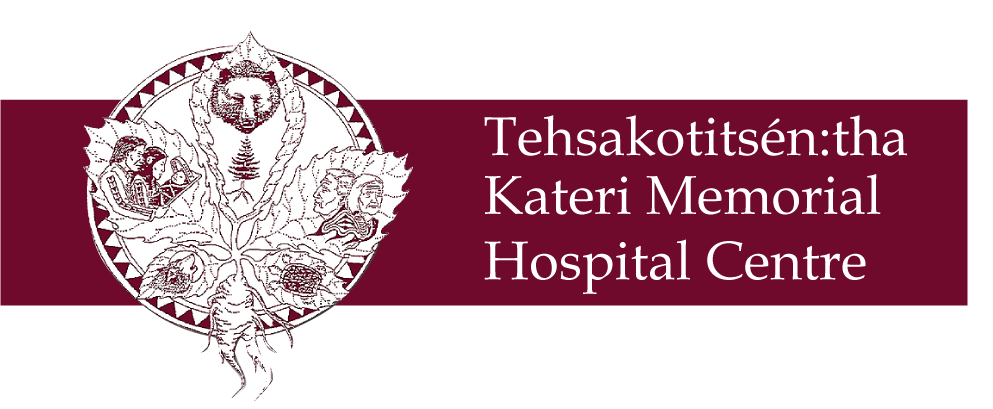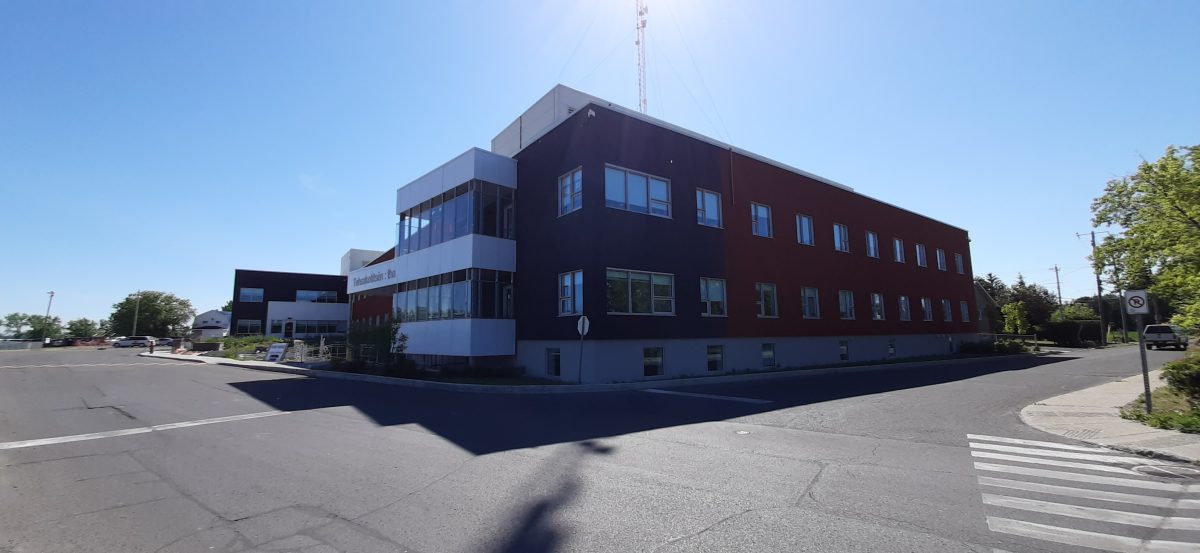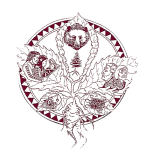For immediate release
(Kahnawake – 8, Enniskó:wa/March 2022) The Kateri Memorial Hospital Centre Public Health Department and the Public Safety Commission wish to update the community on the current Public Health Measures as per Directive #65 under the Kahnawà:ke Emergency Preparedness Law.
Current Public Health Measures as per Directive # 65
These measures are for the general population. Each essential service organization may have their respective case and contact management strategies that differ from the general population.
CASE AND CONTACT MANAGEMENT:
The testing site in Kahnawake is only currently available to essential service workers and people who are being admitted for surgery and have been requested to provide a negative test result prior to admission. However, community members can access PCR testing at testing sites in surrounding communities (ex. Chateauguay, Kirkland, Lachine).
If you have COVID-related symptoms, you must assume that you have COVID-19 and isolate according to the following guidelines:
CASE MANAGEMENT:
If you have COVID related symptoms and/or are positive from a rapid test and you are vaccinated (2 doses or more)
- Isolate for 5 days
- On day 5, if you no longer have symptoms or your symptoms are lessening, and you have not had a fever for 24 hours, you are released from isolation but must take precautions for the 5 following days by:
- Continuously wearing a medical-grade mask in all areas
- Maintaining a 2-meter distance or more from others at all times
- Avoiding all vulnerable people
- If you are returning to work, you must work away from all others and not share any common spaces
If you have COVID-related symptoms and/or are positive from a rapid test and not vaccinated or vaccinated with 1 dose:
- Isolation time remains at 10 days
CONTACT MANAGEMENT:
DEFINITIONS:
High-Risk Contact: A household contact or a sexual partner
Moderate Risk Contact: A contact for more than 15 minutes, less than 2 meters, where one of the two people was not wearing a mask or both people were not wearing a mask.
Low-Risk Contact: A contact for more than 15 minutes, less than 2 meters, both with medical-grade masks
Adequately Protected: a person who has, since December 20, 2021 had one of the following:
- A positive PCR or rapid test result
- A high-risk contact with a confirmed COVID-19 case
Adequately protected people do not need to isolate in the case of a high-risk contact except in the case of fever; a person with fever should isolate and only resume activities once 24 hours have passed with no fever.
Partially Protected: a person is vaccinated with 2 doses or more or COVID-19 positive prior to December 20th 2022
If you are a contact of a positive case: (isolation period starts on same day as positive case)
- A high-risk contact must isolate for 5 days. If no symptoms develop – released from isolation but must self-monitor for symptoms from day 5-10. If you develop COVID-related symptoms at any point, you must assume that you have COVID and begin the isolation period as described above in the CASE MANAGEMENT section.
- A moderate risk contact must self-monitor for symptoms for 10 days, must wear a mask continuously, maintain a 2-meter distance and remain away from vulnerable people.
- A low-risk contact must self-monitor for symptoms for 10 days and follow regular public health measures
Masking:
Masking remains an effective way of preventing and/or limiting COVID-19 transmission.
• Masks are still mandatory in all indoor public settings (example: pharmacy or grocery store)
• Masking is recommended in outdoor, public and private settings (example: outdoor rink, small family gathering)
• Masking in office spaces of community organizations is recommended, especially when 2-meter distancing cannot be maintained or where there are no protective barriers (plexiglass, dividers). Examples are: meeting/conference rooms in organizations such as MCK, KMHC or KSCS; group offices. Masks remain mandatory in all common areas when moving from one area to another.
• Public Health recommends that individuals use their judgement, knowledge and education, and acceptable level of risk when deciding about masking in their personal indoor and outdoor home environment
Distancing:
- 2-meter distancing is recommended in indoor and outdoor public settings
- 2-meter distancing is recommended in common spaces of community organizations
• 2-meter distancing is recommended in outdoor public and private
settings and especially if you are a vulnerable person whether
vaccinated or not
- Public Health recommends that individuals use their judgement, knowledge, education and acceptable level of risk when deciding about distancing in their personal indoor and outdoor home environment
Ventilation:
- Ventilation is important. Air out rooms every two hours by opening all windows in private areas or your home when gathering with people outside your household.
- Use of HEPA filters is beneficial
Hand-washing, distance, proper ventilation, masks, testing (rapid tests and PCR tests), staying home when sick, vaccination, isolation, limiting our contacts, taking care of the well-being of our loved ones and ourselves, are all ways to move towards a state of normalcy.



